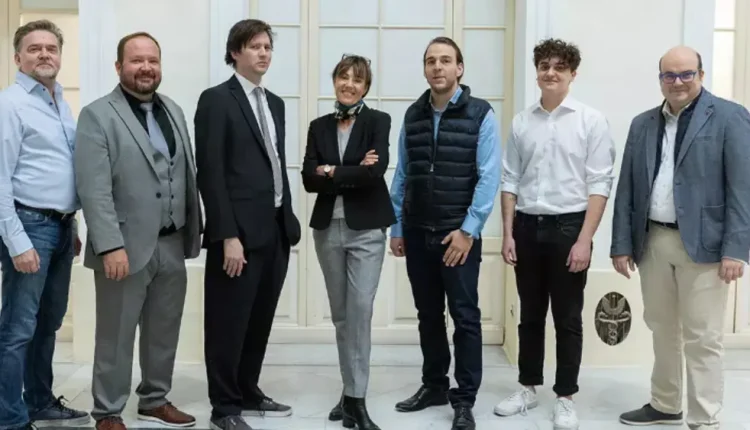Ventures Thrive: 1.5 million euros for deep tech startups
This is one of the first programs of pan-European scope in the field of deep tech, in the founding team of which "Anthology Ventures" participates
But what is deep tech? In very simple words, it is a technology whose development presents a high financial risk, because it concerns the future (many times it is not directly applicable, that is), requires a lot of advanced research and usually bears fruit long after the initial conception of the business idea.At the same time, however, it can create new data in the market and everyday life and “generate” very significant revenues when it matures. It is essentially the kind of technology that leads to new scientific and technological achievements and makes possible new applications of engineering. Precisely because startups in the field of deep technology often need much more money and time – compared to other startups and businesses in general – to present results, they usually do not go alone, but are associated with universities or research organizations, mainly employing specialized engineers and postdoctoral scientists-researchers.
Which Startups will Ventures Thrive support?
“Ventures Thrive will support Startups of TRL6 level and above, in two thematic areas, the first of which concerns climate change and the second will be announced in the future (Technology Readiness Level 6 / TRL 6 means that technology has already been demonstrated in a relevant environment). These will be Startups from central-eastern Europe and from the field of so-called “widening countries” (i.e. countries with low participation in the Framework Programme for Research and Development and the Horizon 2020 projects), which represent only 13% of the projects of the EIC Accelerator (Accelerator of the European Innovation Council).The total funds that “Ventures Thrive” has available to finance these Startups is 1.5 million euros, funded by the European Innovation Council (EIC) and the European Innovation Council and SMEs Executive Agency (EISMEA), while the program aims to raise additional public and investment funds”, explains Argyris Spyridis, speaking to ANA-MPA.
In two eight-month rounds 32 Startups will be supported, which will receive up to 100,000 euros in equity-free financing (s.p. financing that does not provide for the obligation to assign an equity share of the Startup) and services each.”But equity-free funding is not the only thing that brings value to “Ventures Thrive”: the participating startups will “marry” with large companies in Europe in joint projects, where startups will be called upon to operate in an open innovation framework, together with large companies participating in the program, with the ultimate implementation of “pilots” and the resulting partnerships. Each cycle of the program closes with participation and pitching (corporate presentation) in the recognized business event “Wolves Summit”, in front of a significant number of investors and corporates”, noted Argyris Spyridis.
But what is the profile of deep tech startups, looking for funding at “Ventures Thrive”, which also includes Wolves Summit (Poland) and ACCELER8 (Malta) as founding members. In addition to the above, the broader profile of the businesses that “Ventures Thrive” is looking for to finance are categorized into three broad areas: that of digital technology (e.g. Big Data, Machine Learning), that of “deep science” (new materials, micro technology and nanotechnology, photonics, biotechnology) and the area between them, i.e. hybrid schemes, e.g., in the field of the Internet of Things, robotics, digital health and advanced manufacturing.As Argyris Spyridis observes, whether a deep-tech startup will manage to attract capital (not only from Ventures Thrive, but in general) depends not only on the obvious – to have a good and complete team, a good original product, etc. – but also on the realism that the founding team will show in the search for resources – financial and non-financial.
The visionaries of Europe in a rapidly evolving global environment and the opportunity for Greece


